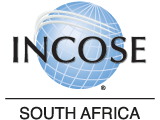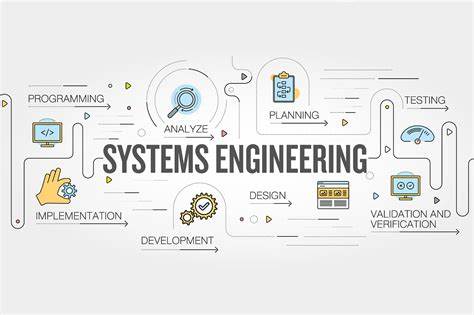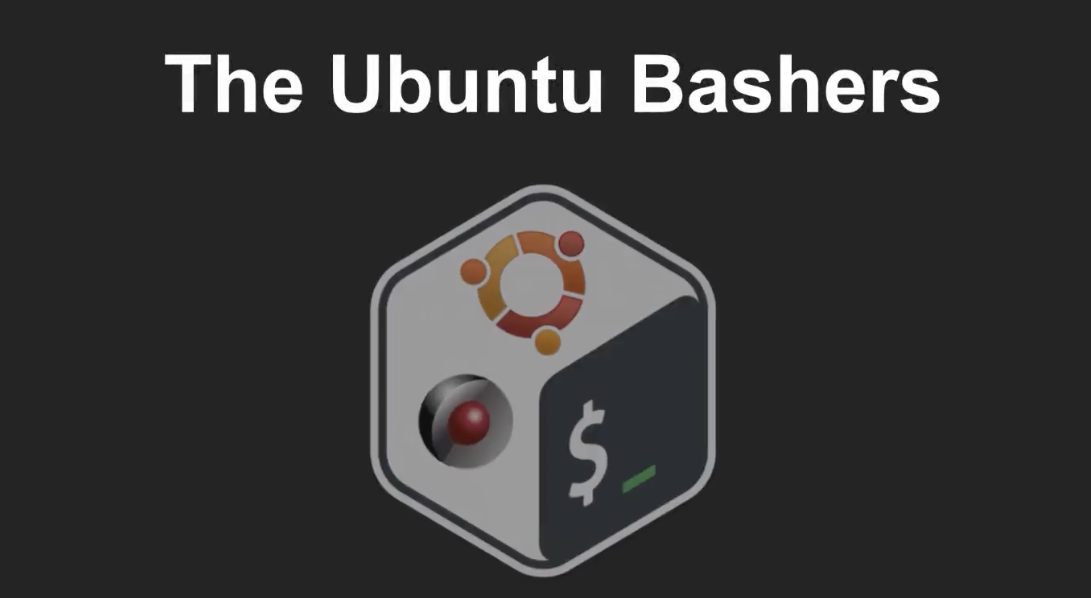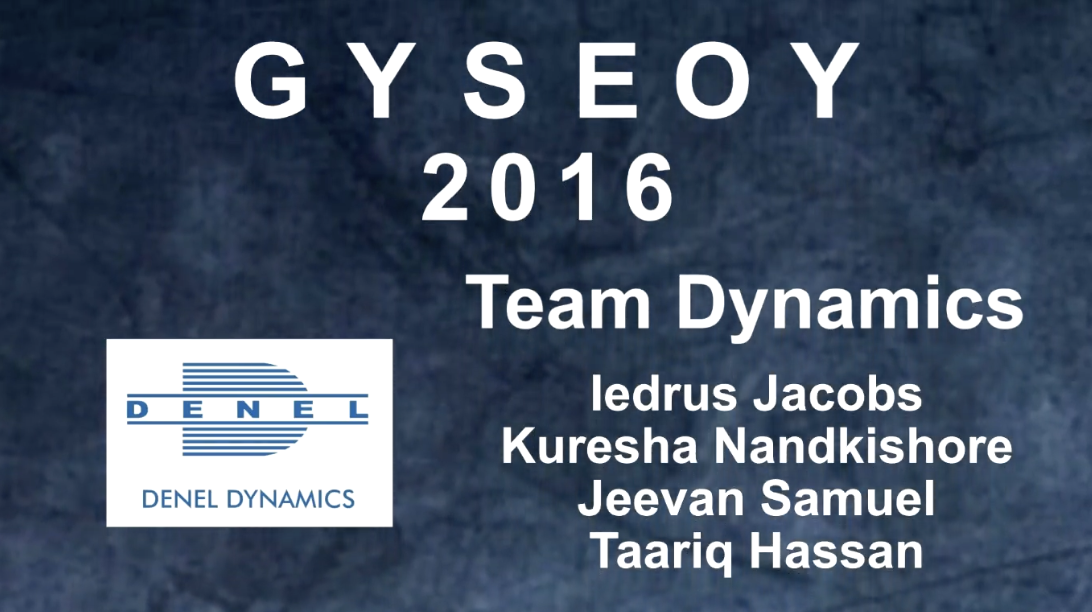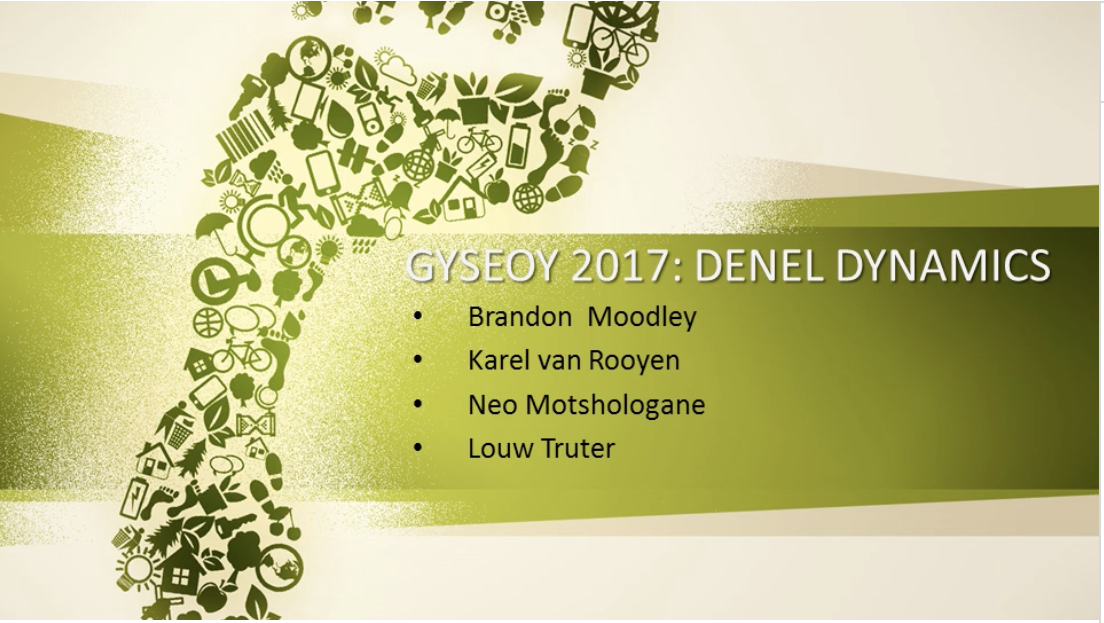
2017 GYSEOY Challenge | Better Meals for Everybody
Aamilah Slamet was a young lady from Macassar in the Western Cape. Her favourite school subjects were science and biology, in which she excelled. She loved new knowledge and was deeply curious about the world around her. Aamilah Slamet was also her school’s teen entrepreneur champion. Her mother was a keen gardener and grew vegetables. Her father was a science and mathematics teacher who became the school principal. Aamilah had completed school in 2015 but, not having the money to enter university, was investigating her career options.
For a school project, Aamilah studied Woolworths’ Food stores—both the food section of department stores, dedicated food stores, and the food shops at fuel stations. She had been deeply impressed. Woolworths had always been an innovator—first to print sell-by dates onto food packaging, to offer pre-washed lettuce and ready-to-eat meals. The company had recently launched a “journey to sustainability” by focusing on energy, water, waste, sustainable farming, ethical sourcing, transformation, social development, and health and wellness.
The Woolworths example inspired Aamilah to identify her career objective:
Aamilah was inspired by the Woolworths example to identify her career objective:
Better meals for everybody: Deliver great-tasting, balanced and healthy nutrition to low and middle-income people in urban areas without detriment to the environment.
Denel Dynamics
Members:
- Brandon Moodley,
- Karel van Rooyen,
- Neo Motshologane,
- Louw Truter
Please watch this space for announcements.
Please watch this space for downloads.
She understood that it was meaningless to compete directly with Woolworths, but rather to find a narrow niche in the supply chain. Aamilah would harness the local community to not only buy food, but also to grow food, in other words the community would be both a food market and a food producer. She hoped to develop a nutrition value chain using modern technology that could rival the economies of scale of large existing agricultural production systems and their supply chains. The competitive advantage would be increased value, faster response and local is lekkerder. Whilst on the lookout for young people who could help her, Aamilah came across the GYSEOY 2017 challenge. The synergy was obvious and there would be immense value in collaborating. That know-how would be a precondition for soliciting angel investors.
